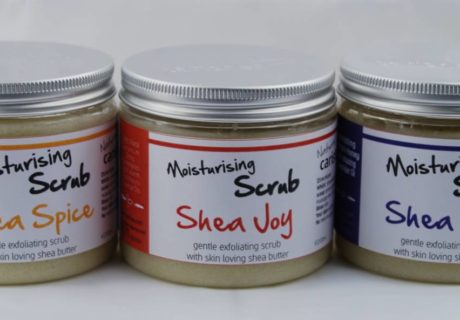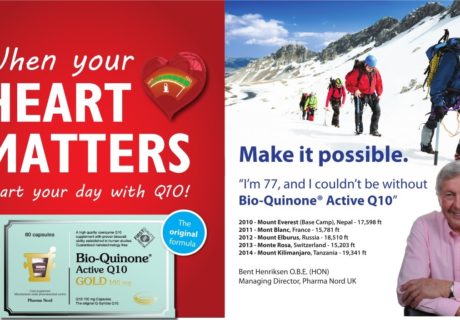When consumers choose established sustainability seals – like Fairtrade, Soil Association and MSC – they are helping to beat growing ranks of eco-fraudsters.
That’s the view advanced by Toby Middleton, senior country manager at MSC, in a recent Saturday Essay piece for The Grocer.
Middleton was responding to a warning last month from Europol that food labels are increasingly likely to be a target of large-scale fraud.
Europol says organic fraud is already a serious problem and warns that Fairtrade could be the next target. It says experienced counterfeiters can easily fake ethical labels and make huge profits in the process.
But Middleton says the organisation is forgetting the key safeguards that are built into the processes used by established eco-seals. He writes: “Fairtrade, Soil Association and my own organisation’s MSC Certified Seafood labels are all ISEAL compliant. That means, among other things, they have solid standards, and importantly, a solid traceability system. These labels are the end product of decades of experience in traceability certification and a raft of checks and balances”.
Middleton says that fraud-protection measures used by leading ethical schemes are increasingly sophisticated. In MSC’s case, he says, this extends to DNA testing of fish to confirm both species and the fishery it came from.




